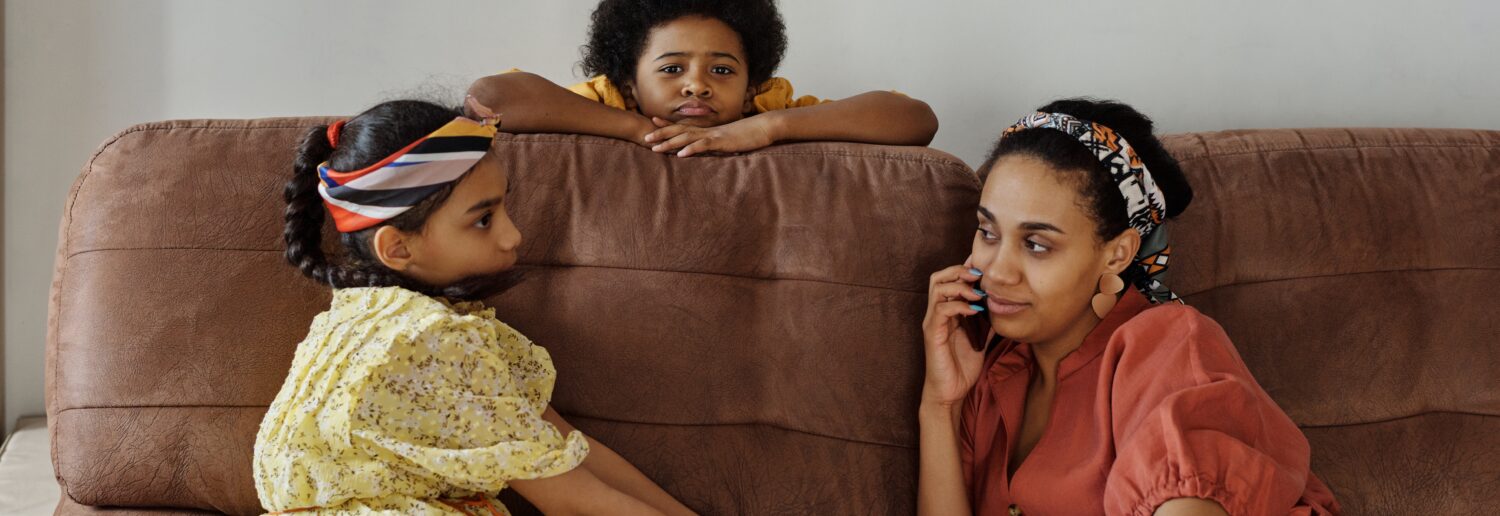After Addiction: Repairing Relationships with Children
 Mothers suffering from addiction may have a difficult time having a healthy relationship with their children. Why? Once in recovery, moms who are committed to repairing relationships with their children should keep five key things in mind.
Mothers suffering from addiction may have a difficult time having a healthy relationship with their children. Why? Once in recovery, moms who are committed to repairing relationships with their children should keep five key things in mind.
Children need to recover, and mothers need to lead that process
Addiction is a deeply personal experience, and it can be hard to remember that loved ones can be affected. Former addicts may feel ready to move on, but children likely will not be on the same timeline. It is important to give them time to process their experiences. They need to know that their recovery can take all the time they need.
Addiction creates trust issues.
As a mother in recovery, it is common to feel like kids are not being fair or reacting appropriately in certain situations. Avoid becoming resentful – they may want to rebuild trust, but are being cautious out of self-preservation. Think about the times their trust has been broken, and accept that only consistent trustworthy behavior will repair the damage to their mental well being they suffered from during your addiction.
Mother-child relationships are more important than pride.
It can be tempting for mothers in recovery to try to put the past behind them. Kids might follow that lead, but not talking about the past will not erase the pain they felt. Set aside time to have a heart-to-heart to honestly apologize for the way addiction affected them. Mothers should be careful not to turn it into a conversation about how difficult it was for them or the regrets they have. Don’t be too proud to accept criticism. Let your children talk about how they were affected, and make sure they feel heard. Not only will this help build the relationship after addiction, but it will also set a standard for open and honest communication in the future.
Children may not feel very loved.
Most mothers suffering from addiction love their children, but kids might not have been able to see that. Start incorporating affirmations every day about their specific talents, skills, and positive traits. Say “I love you” often, alongside comments on how smart, caring, hardworking, and brave they are. It may feel silly, but it will help their self-esteem and the relationship in ways they will not understand for years.
Remember they are still children.
When mothers are struggling with addiction, children are often forced into a caregiving role. If kids have had to provide emotional, physical, or financial support in the past, it is important to give them time to be kids. Allow them to make mistakes and feel emotions even if they do so in less than ideal ways. Now is the time for unconditional love, and to prove they will not be abandoned due to normal childhood behavior.
It may be a long road to building a healthy relationship with your child once you are in recovery, but if both mother and child want to have a relationship it will never be too late! Rebuild with a foundation of love and trust, and watch the bond flourish as children move into adulthood.
About the Author: Alice May is Southside Center of Hope’s summer intern and is passionate about helping women and their children heal from trauma caused by addiction and homelessness. Alice is an undergraduate student and the University of Chicago with a double major in Gender and Sexuality Studies and English.

